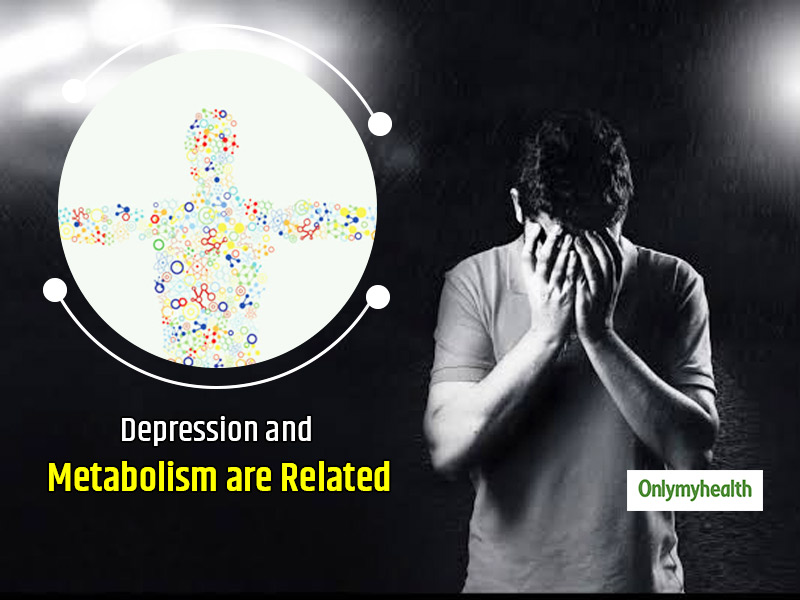
Metabolism is generally linked to weight management, physical activeness and the probability of becoming diseased. But can you believe that metabolism is also associated with the risk of depression? Yes, your metabolic rate can predict the risk of depression. A team of researchers has found that some metabolites(molecules formed by metabolism) are potential indicators of depressive disorder risk. Get more details in this article.
Table of Content:-
The cases of depression are increasing and this is a concerning issue. The previous year where the world observed a months-long lockdown, a lot of people couldn’t handle their mental health and suffered depression. In most cases, the signs and symptoms of depression are silent. Even those living with the person may not be able to identify his/her depressive state. Thus, this study that links metabolism and depression can be very helpful.
Depression symptoms and metabolism

According to the study published in the journal ‘Translational Psychiatry’, researchers from the School of Medicine, University of California, San Diego have found that the risk of depression can be identified by metabolites(the molecules formed by a person’s metabolism). As we all know that depression is a mental illness that is caused due to chemical imbalances in the brain. Metabolites can also be linked to depression. The research team has found that these are potential indicators if a person is at risk of developing a chronic depressive disorder.
Senior author of this study Robert K. Naviaux, Professor of medicine, paediatrics and pathology at UC San Diego School of Medicine said: “This is evidence for a mitochondrial nexus at the heart of depression. It’s a small study, but it is the first to show the potential of using metabolic markers as predictive clinical indicators of patients at greatest risk and lower risk for recurring bouts of major depressive symptoms.”
Also Read: Medication and Therapy Together Can Effectively Control Bipolar Disorder Patients’ Health
How was the research conducted?
For this study, researchers followed patients with rMDD(recurrent major depressive disorder) and were on antidepressant-free remission. They collected their blood while starting the study and followed them for 2.5 years. It was found that a metabolic structure was identified that can predict chances of relapse in patients. The findings were proven 90% accurate.

“The findings revealed an underlying biochemical signature in remitted rMDD that set diagnosed patients apart from healthy controls. These differences are not visible through ordinary clinical assessment, but suggest that the use of metabolomics the biological study of metabolites could be a new tool for predicting which patients are most vulnerable to a recurrence of depressive symptoms,” said Naviaux.
Also Read: How Inner Engineering Helps to Beat Depression? Know From Expert
Conclusion
Metabolites not only drive weight management but can also be considered to calculate the potential risk of depression. This study proves that the chances of relapse can be predicted by analysing these metabolites.
Read More in Latest Health News
How we keep this article up to date:
We work with experts and keep a close eye on the latest in health and wellness. Whenever there is a new research or helpful information, we update our articles with accurate and useful advice.
Current Version